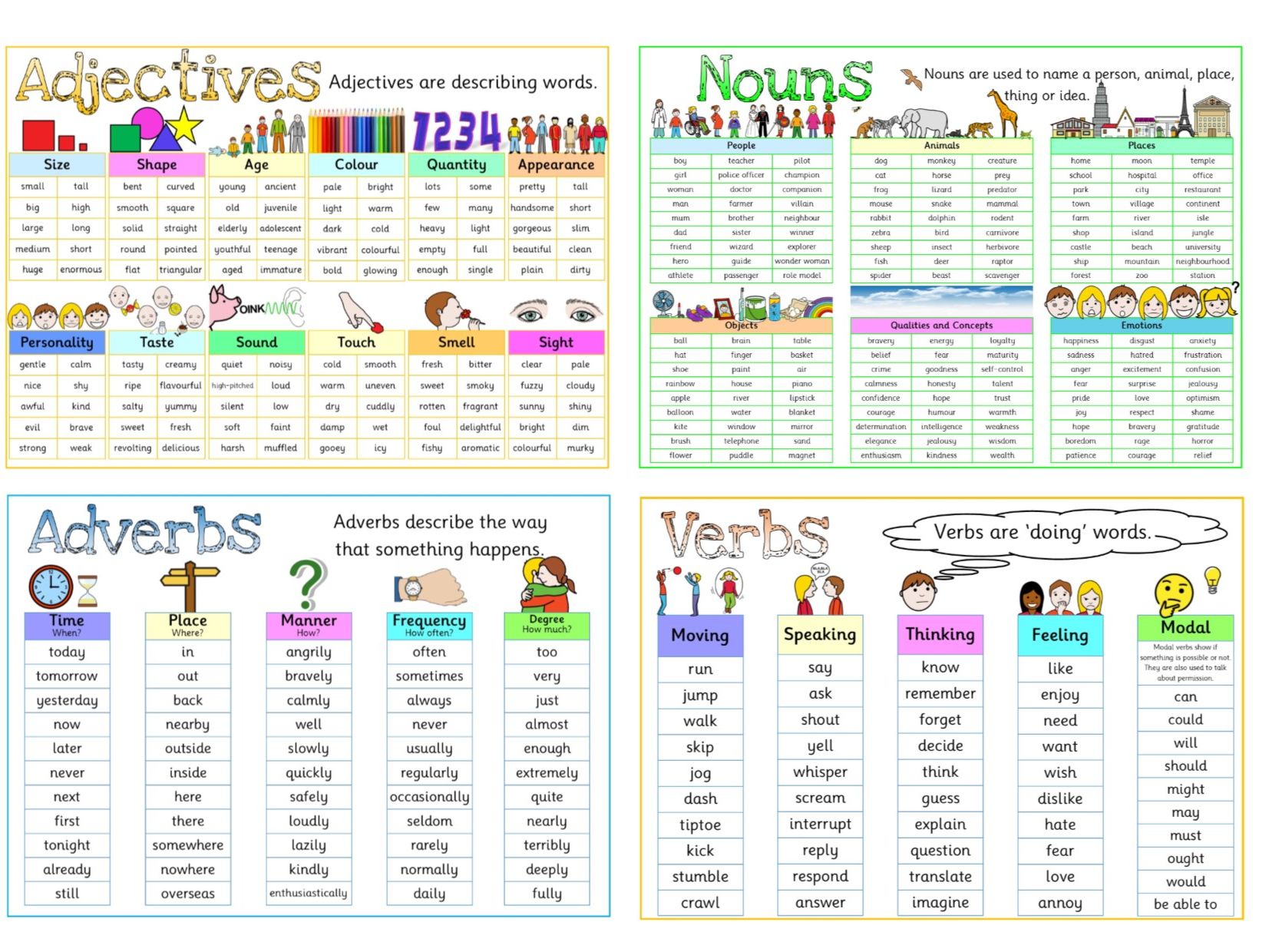
For example, in the sentence, “ the thief who stole my bag was arrested yesterday,” the clause “who stole my bag” modifies the noun “the thief.” Adjective clauses are dependent clauses, and they follow the noun they modify. For example, in the sentence “ Did you buy what you like?”, the noun clause “ what you like” can be replaced with the pronoun “ it” as “ Did you buy it?” What is an Adjective Clause?Īdjective clauses are made up of a group of words and are used to modify nouns or pronouns.

Like nouns are replaced with pronouns, noun clauses can also be replaced with pronouns. In the first sentence, the noun clause functions as the object of the sentence, while in the second sentence, the noun clause functions as the subject of the sentence. Study the following sentences to understand the nature of noun clauses. Since noun clauses are dependent, they are not considered a complete thought in a sentence. It can function as a subject, an object ( direct object, indirect object, object of the preposition, etc.), or a subject complement in a sentence. A noun clause takes the place of a noun in a sentence.

Thus, they do not convey a meaningful idea. Generally, a noun clause is made up of a noun and a verb. Summary – Noun Clause vs Adjective Clause What is a Noun Clause? Noun Clause vs Adjective Clause in Tabular Formĥ. Both of these clauses are dependent clauses and cannot stand alone. There are different types of clauses, and noun clauses and adjective clauses are two such types. The key difference between noun clause and adjective clause is that a noun clause consists of a subject and a verb, whereas an adjective clause consists of a group of words used to modify nouns.Ī clause is a group of words that contains a subject and predicate.


 0 kommentar(er)
0 kommentar(er)
